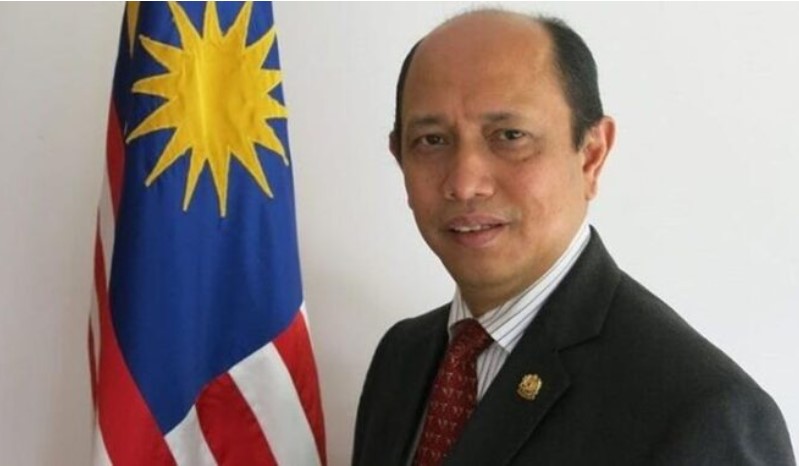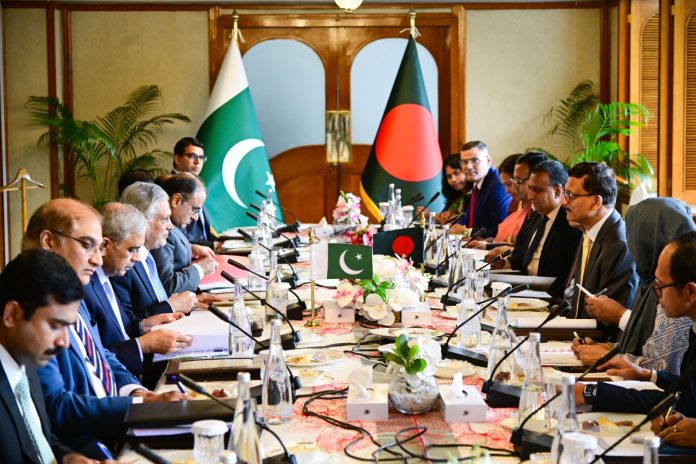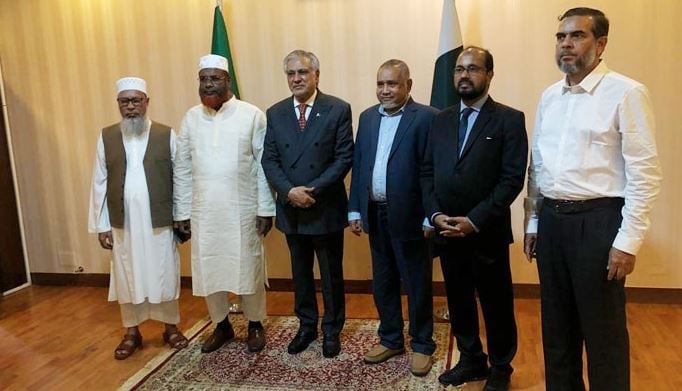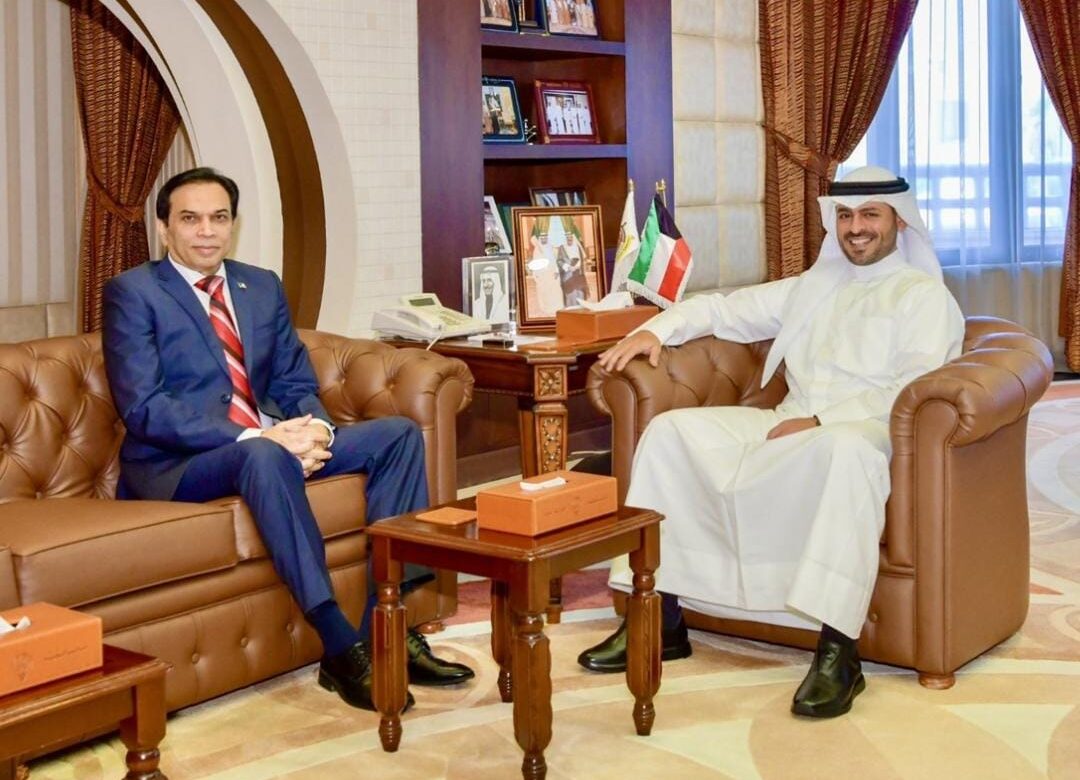
Malaysia’s High Commissioner Engages Riphah University Students in Academic Dialogue
- Diplomatic News
- March 3, 2025
- No Comment
Malaysia’s High Commissioner Engages Riphah University Students in Academic Dialogue
Report by Syed Farzand Ali
Malaysia’s High Commissioner to Pakistan, Dato’ Mohammad Azhar Mazlan, visited Riphah International University in Islamabad, where he engaged in an insightful academic session with students and faculty members.
The High Commissioner and his delegation were warmly received by Prof. Dr. Anis Ahmad, the Founding Vice Chancellor of the university. The interactive session brought together faculty members, scholars, and over 100 students from public administration and international relations disciplines.
During his address, Dato’ Azhar outlined Malaysia’s progress from independence to becoming a modern nation, emphasizing the enduring diplomatic and economic ties between Malaysia and Pakistan. He highlighted the significance of Prime Minister Anwar Ibrahim’s visit to Pakistan in October 2024, which reinforced bilateral cooperation in various sectors.
He also elaborated on Malaysia’s foreign policy priorities, its leadership role as ASEAN Chairman for 2025, and its efforts to promote regional peace and economic development. Additionally, he discussed the Malaysian Technical Cooperation Program (MTCP), which supports capacity-building initiatives and strengthens collaboration with Pakistan.
A key highlight of the session was Malaysia’s growing appeal as an education hub for Pakistani students. The High Commissioner emphasized the country’s globally recognized universities, advanced learning facilities, and a welcoming environment for international students. He noted that nearly 5,000 Pakistani students are currently pursuing higher education in Malaysia.
Following the discussion, attendees experienced a taste of Malaysian culture through its cuisine, with traditional Nasi Lemak Ayam Goreng served as a gesture of hospitality.
This engagement reflects Malaysia’s commitment to fostering educational and cultural exchanges with Pakistan, enhancing academic collaboration, and strengthening people-to-people connections between the two nations.







